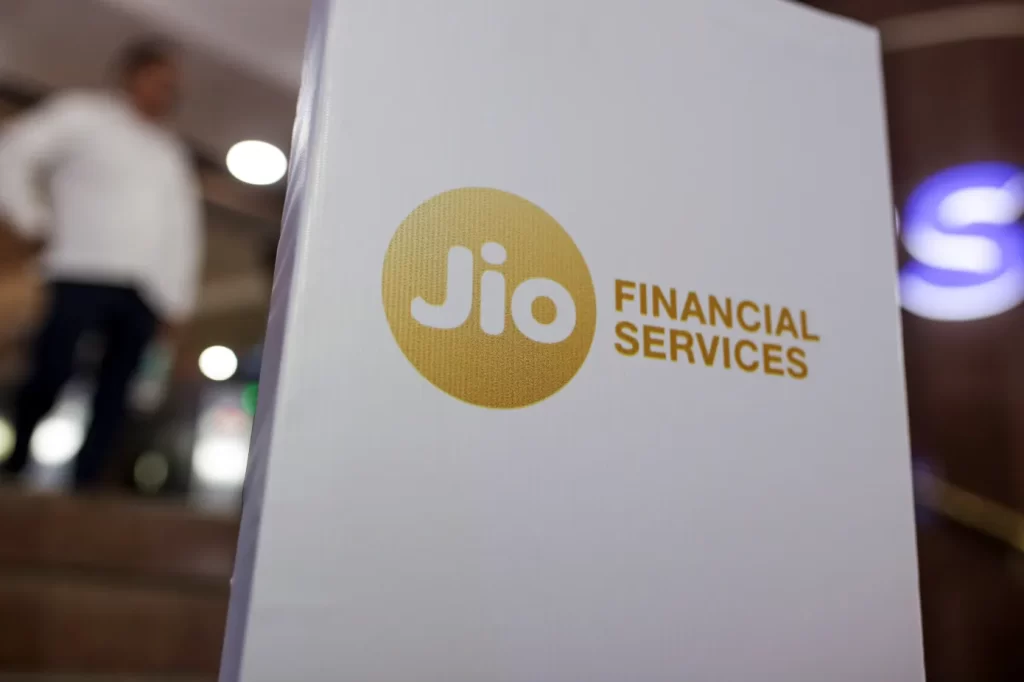Mukesh Ambani’s Jio Financial Services Explores Web3 Landscape with CBDC and Blockchain Integration
Pioneering Digital Adoption through Jio Financial Services
Mukesh Ambani, the prominent Indian billionaire and visionary behind Reliance Industries, has set his sights on the realm of Web3. During the 46th annual general meeting of Reliance Industries (RIL), Ambani unveiled his strategic plans for Web3 exploration. While steering clear of the volatility of crypto assets, Ambani aims to delve into the promising fields of blockchain technology and Central Bank Digital Currencies (CBDCs), including the eRupee CBDC, currently in advanced trials within India.

Jio Financial Services: Gateway to Web3
At the forefront of this Web3 endeavor is Jio Financial Services (JFS), a vital arm of Reliance Industries. JFS, formerly known as Reliance Strategic Investments, has embraced a refreshed identity as of July this year. Within JFS, RIL will facilitate management services for digital assets, marking its strategic entry into the dynamic Web3 sector. A strategic partnership with BlackRock, a global leader in investment services, further reinforces the potential of this venture, with assets worth $100.07 billion as of August 18.
Envisioning Innovation: Blockchain and CBDCs
Mukesh Ambani’s vision extends beyond conventional financial realms. As a stepping stone to revolutionize digital adoption in India, JFS will bolster its payment infrastructure while venturing into groundbreaking territories such as blockchain-based platforms and CBDCs. These technologies hold the potential to redefine financial systems, enabling seamless, decentralized, and secure transactions.
The Significance of Blockchain and CBDCs
Empowering Web3 with Blockchain
At the heart of Web3 lies blockchain, a revolutionary distributed ledger technology. Blockchain serves as the foundational support for cryptocurrencies, non-fungible tokens (NFTs), CBDCs, and the metaverse. Its automated and decentralized nature eliminates intermediaries, fostering direct, secure transactions. Furthermore, blockchain’s structure resists tampering and breaches, ensuring data integrity.
CBDCs: Bridging Digital and Fiat
Central Bank Digital Currencies (CBDCs) bridge the gap between digital innovation and traditional fiat currency. These virtual representations of currency operate on blockchain networks, enabling seamless online payments while reducing reliance on physical cash. India’s own CBDC, the eRupee, is undergoing advanced trials, with state-owned and private lenders, as well as merchants, participating in these pivotal trials.
Reliance’s Impact on CBDC and Blockchain Integration
Embracing Technological Shifts
Reliance Industries, a conglomerate under Ambani’s leadership, spans diverse sectors including Jio’s network services, retail, and more. The strategic foray into blockchain and eRupee CBDC reflects Reliance’s commitment to ushering Indians into a new technological era.
Trailblazing Adoption
Reliance’s engagement with CBDCs has already begun. Reliance General Insurance started accepting eRupee CBDC for premium payments earlier this year. Likewise, Reliance Retail announced plans to incorporate India’s digital rupee CBDC in its Mumbai stores. This strategic alignment showcases Reliance’s faith in CBDCs as a superior alternative to existing payment systems.




